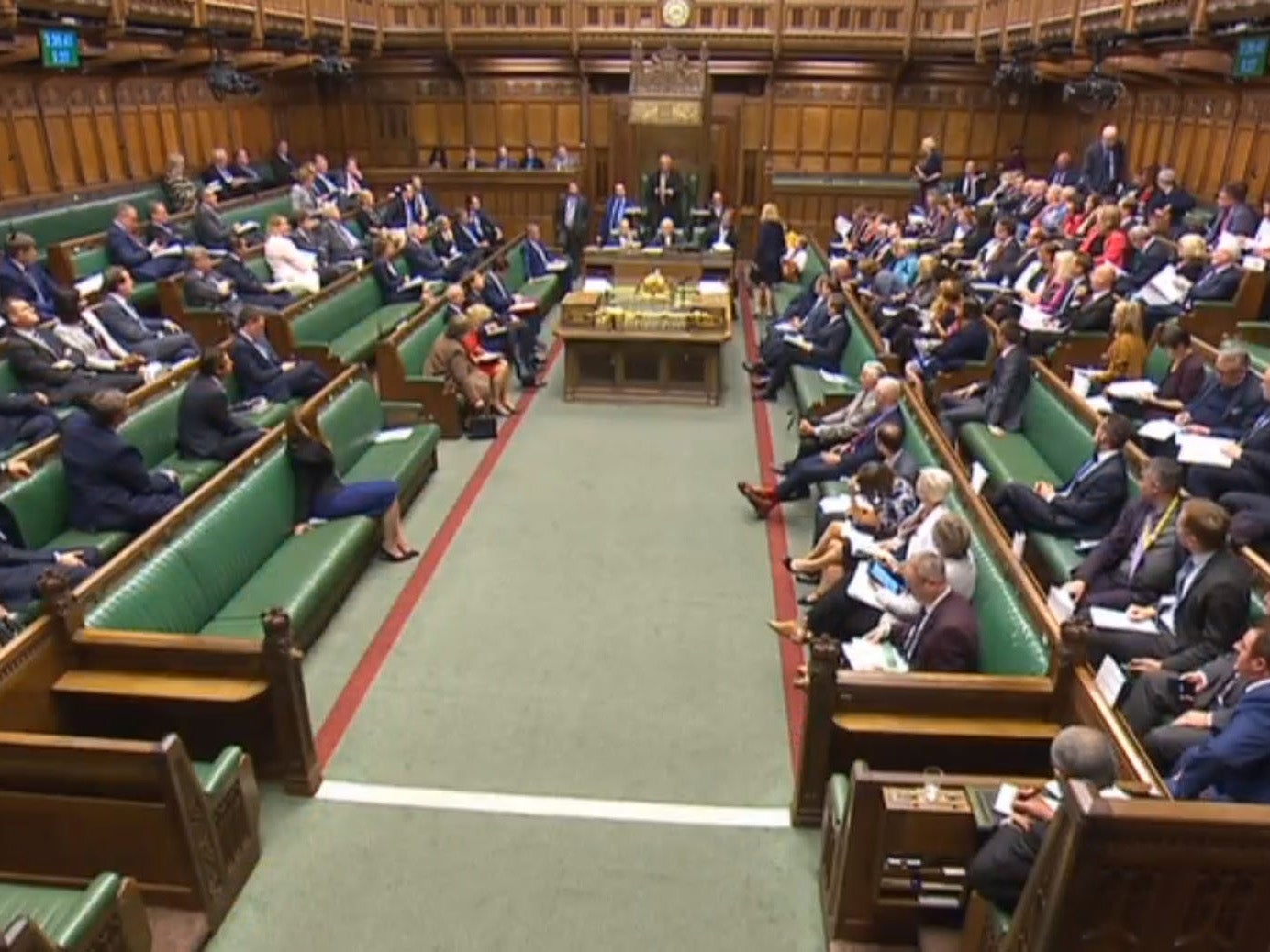Yes, the EU Withdrawal Bill affords the Government the power to make decisions about Brexit – but that’s just how democracy works
Opposition MPs have cried foul, saying that the Bill lets ministers create laws without votes in Parliament. I find it strange how few of those MPs complained when the same process was used to enact European laws and regulations

Are you worried about Henry VIII powers? Do Statutory Instruments fill you with dread? Is secondary legislation now the number one talking point at the school gate? If the answer is yes then you are not alone.
These obscure parliamentary terms are increasingly being discussed and debated by people who don’t spend their working lives in the gently crumbling beauty that is the Palace of Westminster. Yet 18 months ago these things weren’t even discussed here in Parliament very much.
Before the EU referendum few people could, with confidence, explain the difference between being a member of the European Single Market and having access to the Single Market. No one was talking about the implications of being inside or outside of the EU Customs Union. Tariffs barriers and non-tariff barriers subjects that only sparked the interest of a few nerds who went on about trade policy.
Since the referendum decision last year a whole host of subjects have become the common currency of debate, both in the political bubble and in the country more widely. This is a hugely important and welcome change because many of those topics go to the heart of what kind of country we are, want to be and may become.
I keep hearing that trust in politicians is at an all-time low, (I’m not sure about that, historic records show we’ve always been hated) and we need to look at ways to address that mistrust. We cannot credibly have that conversation without addressing what powers we do and do not have in the various levels of government. One of the greatest drivers of mistrust is the belief that politicians don’t need to listen to the electorate, that there is no accountability of scrutiny. The recent debate about Henry VIII powers goes to the heart of this issue as does the amount of power wielded by appointed EU Commissioners.
Opposition MPs have cried foul, saying that the EU (Withdrawal) Bill lets ministers create laws without votes in Parliament. I find it strange how few of those MPs complained when the same process was used to enact European laws and regulations.

It is not possible to talk about our place in the world and being a good global neighbour without addressing trade policy. The balance between helping developing countries lift themselves out of poverty through trade verses the desire to protect British business, who may suffer through increased competition, is as relevant now as it has ever been. But let’s not pretend that the European Single Market is a paragon of free trade.
The Single Market is designed to make trade between European countries easier but it put tariffs up against trade from outside of Europe. Our desire to be a member of the then-Common Market in the 1970s was because Western Europe was a huge trade block and we wanted to be inside the trade wall, to be protected from global competition.
The EU’s traditionally protectionist policies were useful to us in the short term, when we were known as the “sick man of Europe”, but meant that we let our longstanding relationships with countries in East Asia, Africa and the Indian sub-continent whither. Now those parts of the world have some of the fastest growing economies in the world, and we should re-establish those trading relationships, something our membership of the EU made harder.

It would be ridiculous to write about the debates triggered by the referendum without addressing immigration. In this area, like the others I’ve whirred about, we are long overdue a grown up discussion about our collective attitude to migration. What is our appetite for importing a low skilled labour force? What are the trade-offs between economic advantage and social cohesion? How are the impacts of migration, whether positive or negative, distributed across the country?
Balancing the conflicting needs and concerns connected with immigration policy won’t be easy, but it will, for the first time in decades, be a challenge that the UK government has to deal with, and deal with alone. Depending on how we deal with immigration, how we build our trade policy, how well we govern, will either be rewarded or punished at the ballot box.
We will have no one else to blame and no one else can take credit, and that’s how democracy is meant to work.
James Cleverly is the Conservative Member of Parliament for Braintree
Join our commenting forum
Join thought-provoking conversations, follow other Independent readers and see their replies
Comments
Bookmark popover
Removed from bookmarks